Every year, we work to improve our practices and products, all in an effort to be the most sustainable basics company out there. 2021 was no different, with new Subset standards put into place, improvements to our Recycling Program made, and the release of our newest category of products: Bralettes. We are so excited to share everything we’ve worked on this past year and continue to be transparent, innovative and data-driven. Keep scrolling to explore our 2021 Impact Report.

To be the most sustainable basics company out there
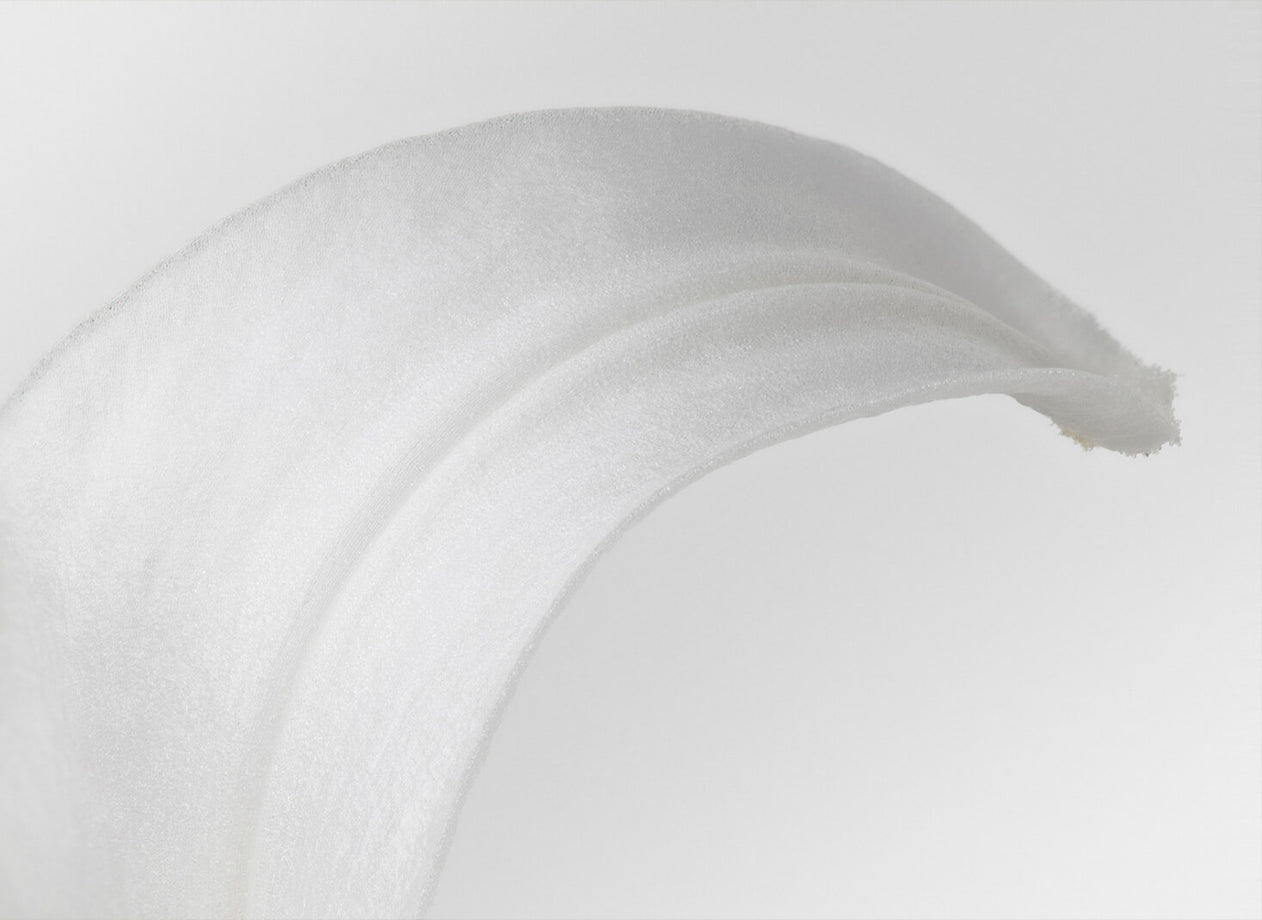
To lead fashion's transition to sustainable production practices and products
We set ambitious goals for ourselves last year. Here’s a quick look at what we accomplished and what we’re still working on:
Launched a new product category and expanded our portfolio of low-impact materials
Completed a Life Cycle Assessment of our Bralettes
Became Climate Neutral Certified
Recycled as many undies as we made
Used the B Corp certification process to strengthen our corporate governance
Joined 1% for the Planet and dedicated 1% of every sale to environmental causes
Continued to distribute profits and basic essentials to our communities in need
Replacing the virgin elastane in our products
Replacing the virgin elastane that creates Subset’s signature stretch with a bio-based alternative continues to be a challenge at our scale and price point. While demand has greatly increased over the past year, access to this type of innovation is still elusive. We are continuing to work with our suppliers to integrate bio-based materials and upgrade our products, and we hope to incorporate an improved stretch component into our assortment in the near future.
Finding opportunities for emissions reductions in supply chain hotspots
The majority of our footprint is the result of manufacturing our products - in the materials and making of Subsets. Supply chain disruptions in 2021 made working with our suppliers to reduce emissions difficult. We are hopeful that 2022 will normalize supply chains and allow us to dig into our extended emissions footprint more deeply.
There are many reasons as to why we have made GOTS-certified organic cotton our #1 preferred material. Organic cotton is grown without the use of synthetic and toxic pesticides or fertilizers, making it better for the planet and its surrounding communities. Plus, our GOTS-certified supply chain ensures that no harmful chemicals are used throughout the entire manufacturing process, and that everyone involved in the process is paid and treated fairly and ethically.
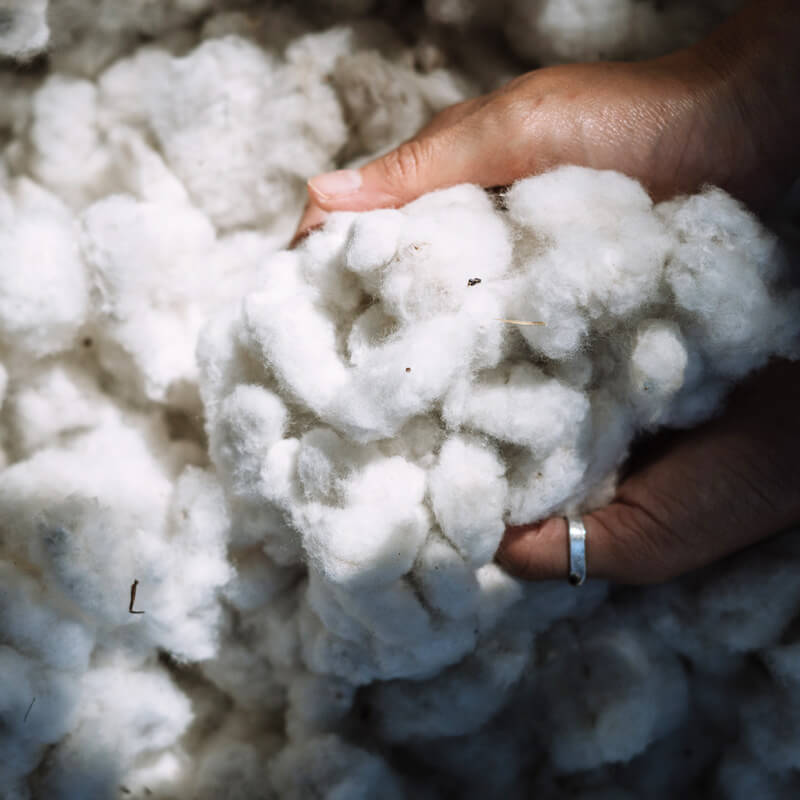
With this new product category we introduced some new materials as well, including Tencel and Recycled Nylon.
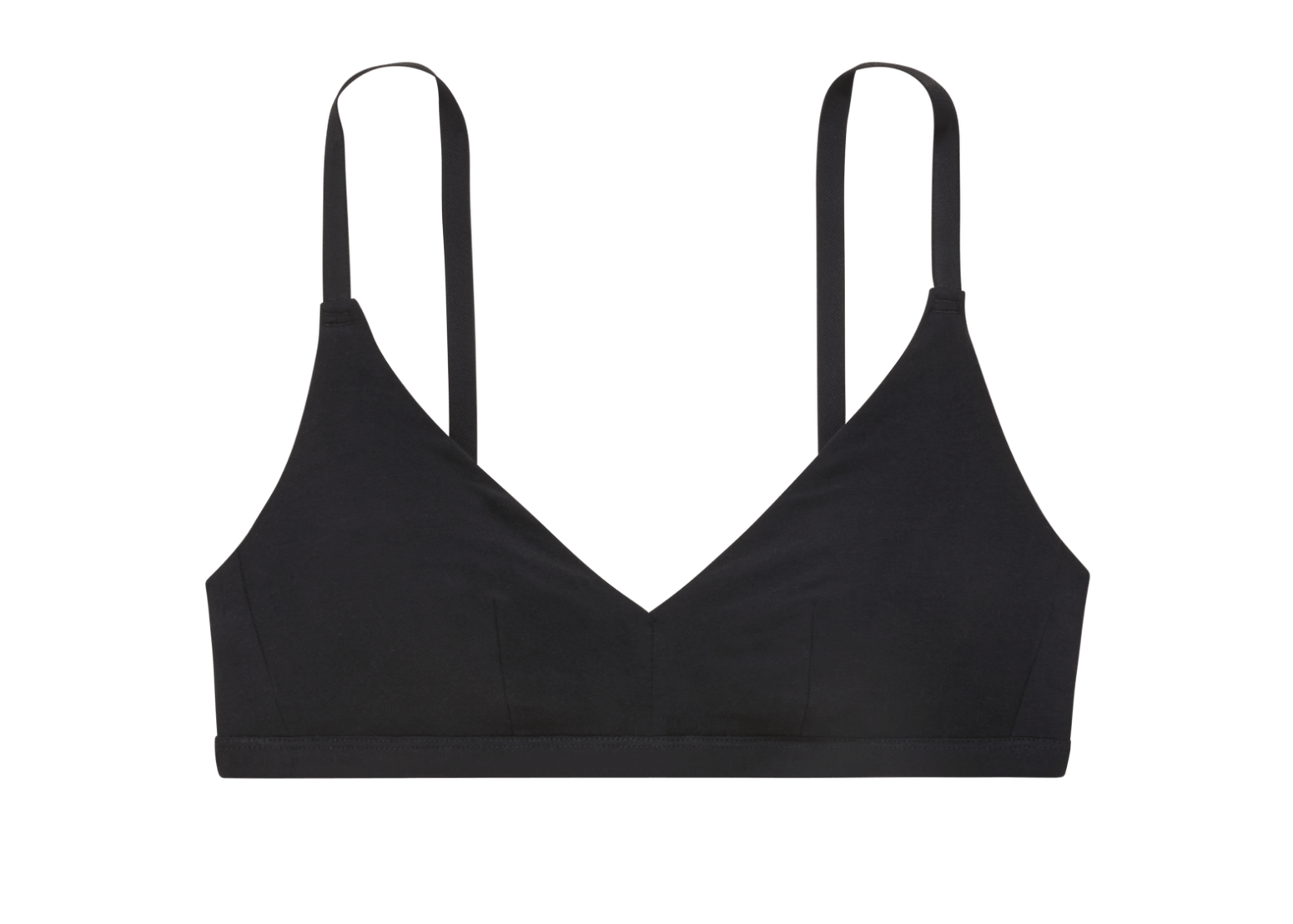
In order to offer the best durability in our Bralette’s adjustable straps without relying on virgin synthetics, we used a recycled nylon and elastane sourced from fabric scraps.
The underbust band of our Bralettes is made primarily from Tencel, a superstar material when it comes to breathability, softness and sustainability. Developed by the innovative textile company Lenzing, Tencel is made from responsibly-sourced wood pulp and processed in a closed loop system, that reuses water and safe chemicals in order to reduce resource consumption.
The D-rings & sliders used in our Bralettes are made using eco-coating, rather than electroplating, which dramatically reduces energy and water use in production.
For many years, it has been widely accepted by the fashion industry that organic cotton has a lower environmental impact and uses dramatically less water to grow than conventional cotton. However, a report published in October 2021 by a denim industry group, called into question the life-cycle assessment (LCA) study used to measure organic cotton impacts globally. Reviewing the report and its callouts encouraged us to take a step back and reevaluate how we use LCA data to explain the environmental impact of our own organic cotton products.
The data was criticized as an oversimplification of the varying impacts of organic cotton grown around the world because it only reflected the data of very specific regions. However, after a thorough review of the data and lengthy discussion with our LCA partners, we found that the majority of the data in the original LCA study was measured in the Maharashtra region of India - precisely where our organic cotton is grown. As such, we feel confident in using its LCA insights to highlight the impact savings of Subset’s products, because the data directly reflects the region where we source our cotton.
However, you may notice a change in how we talk about the environmental benefits of organic cotton going forward. From now on, you will see us refer to “our organic cotton” rather than “organic cotton” generally. The environmental impact of organic cotton can vary greatly depending on the region where it was grown, and we wouldn’t want to attribute these impacts to all organic cotton broadly - just the organic cotton that we source. This exercise has furthered our commitment to always being data-driven and fact-based, and we will continue to evaluate our claims as research evolves.
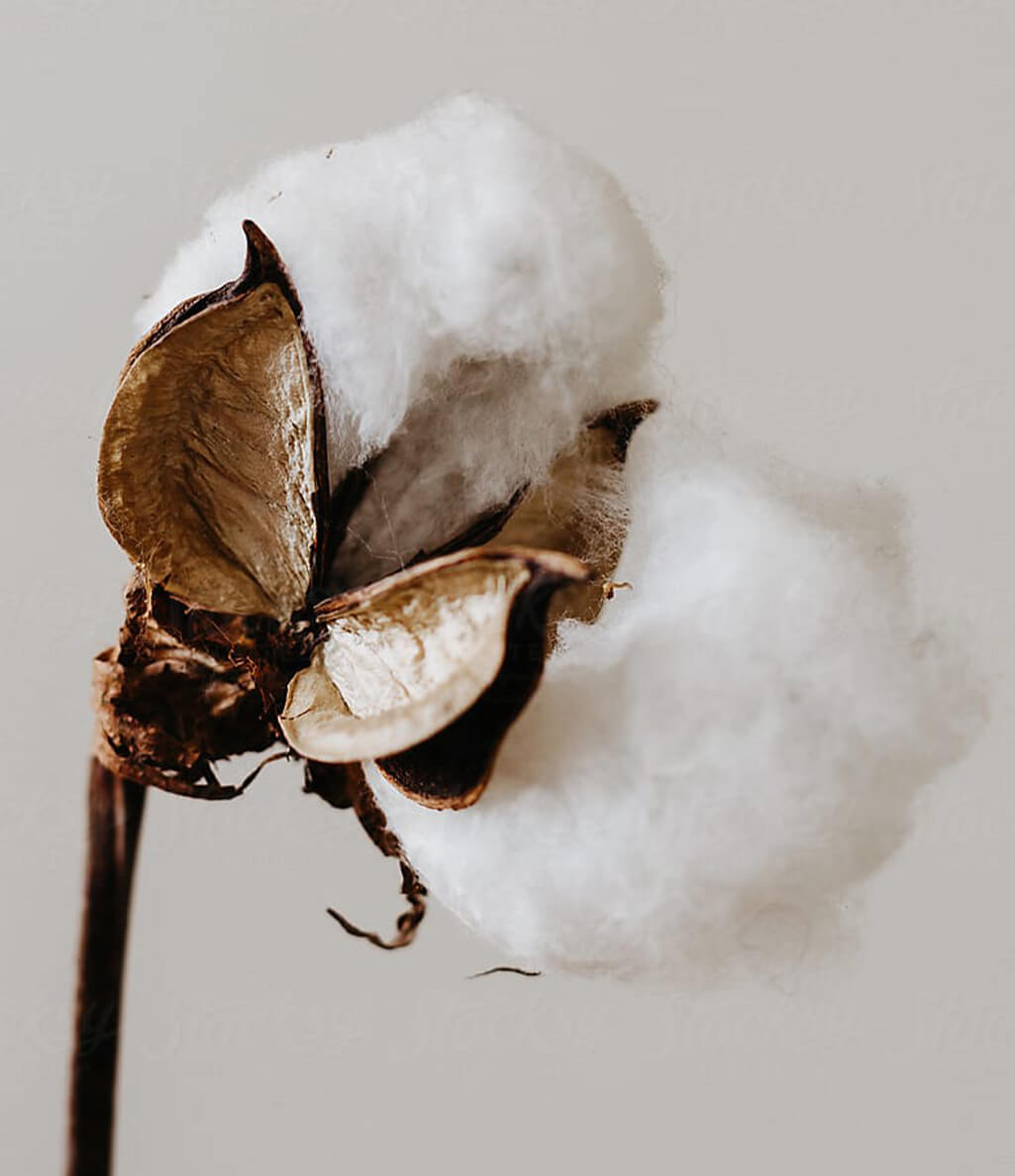
This past year, we started working with Green Story to publish the impact of our products. Now, on each Product Page, you can see the carbon footprint, water savings, and land area saved from pesticides of the product you are browsing. This not only helps our customers to understand the impact of choosing more sustainable materials, but it also pushes other brands to begin measuring the impact of their products.
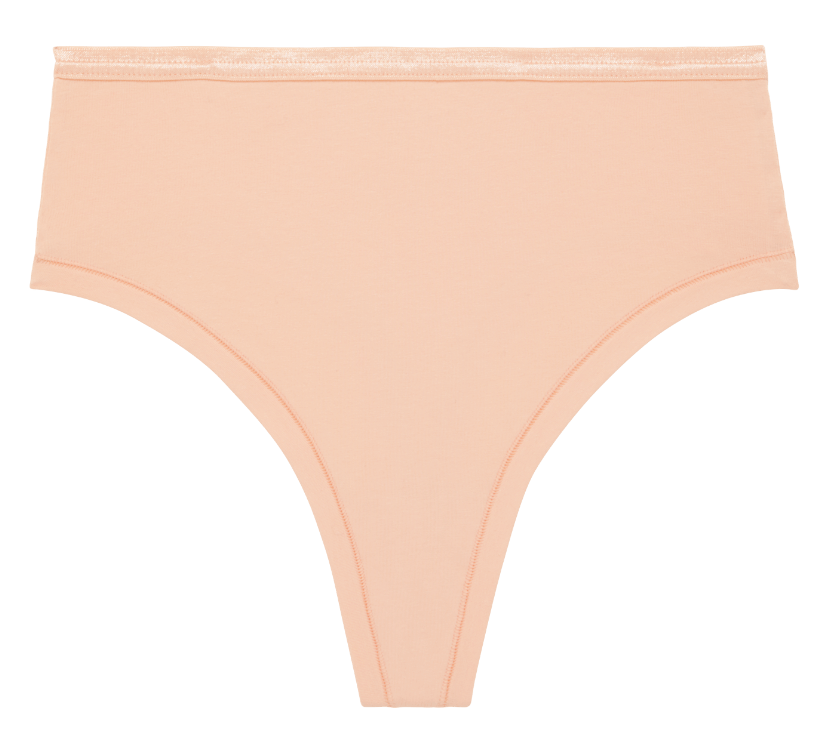


1,993
metric tonnes
For the past two years, we have achieved Climate Neutral Certification, meaning that we have fully offset our emissions - making Subset a completely carbon neutral company! Meeting the Climate Neutral Certification also means we have used best-in-class Climate Neutral-approved carbon credits, that are verified by the most reputable carbon registries in the world.
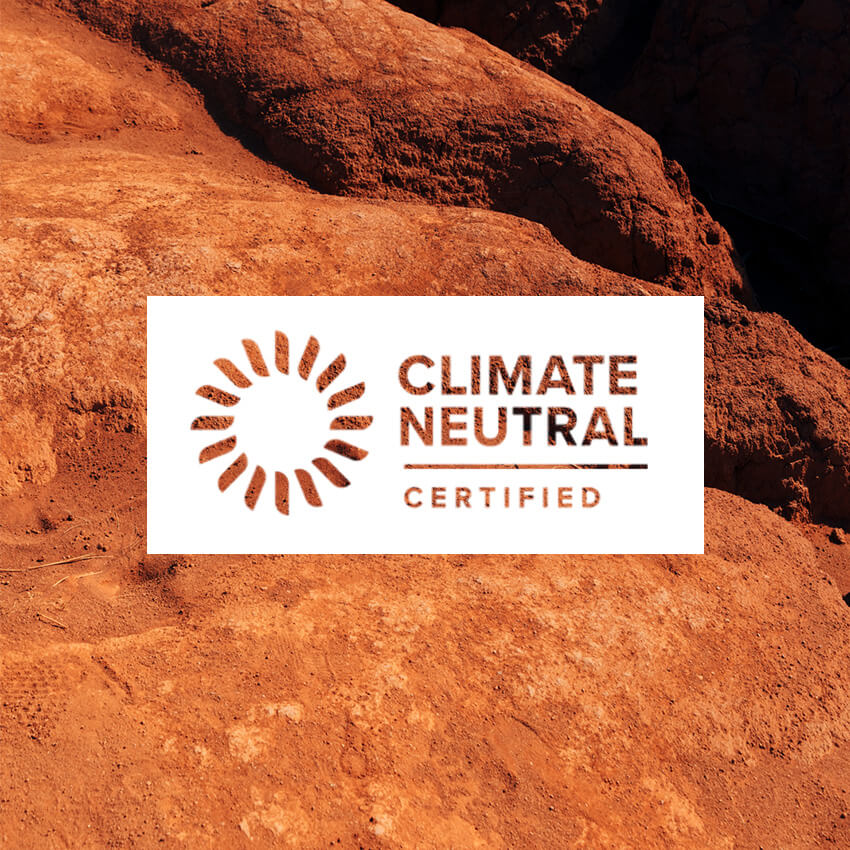

We know that offsetting is not the silver bullet solution to curbing carbon emissions. The most important way to do that is to actually reduce emissions in the first place. However, as much as we push to reduce our carbon footprint throughout our entire supply chain, there are some areas where we have little to no control over the total energy use or fuel source - like the gasoline that USPS uses to power their delivery trucks. We will continue to work to reduce energy use and emissions in areas that we can control, and use offsets to make an impact in the areas of our supply chain where we can’t.
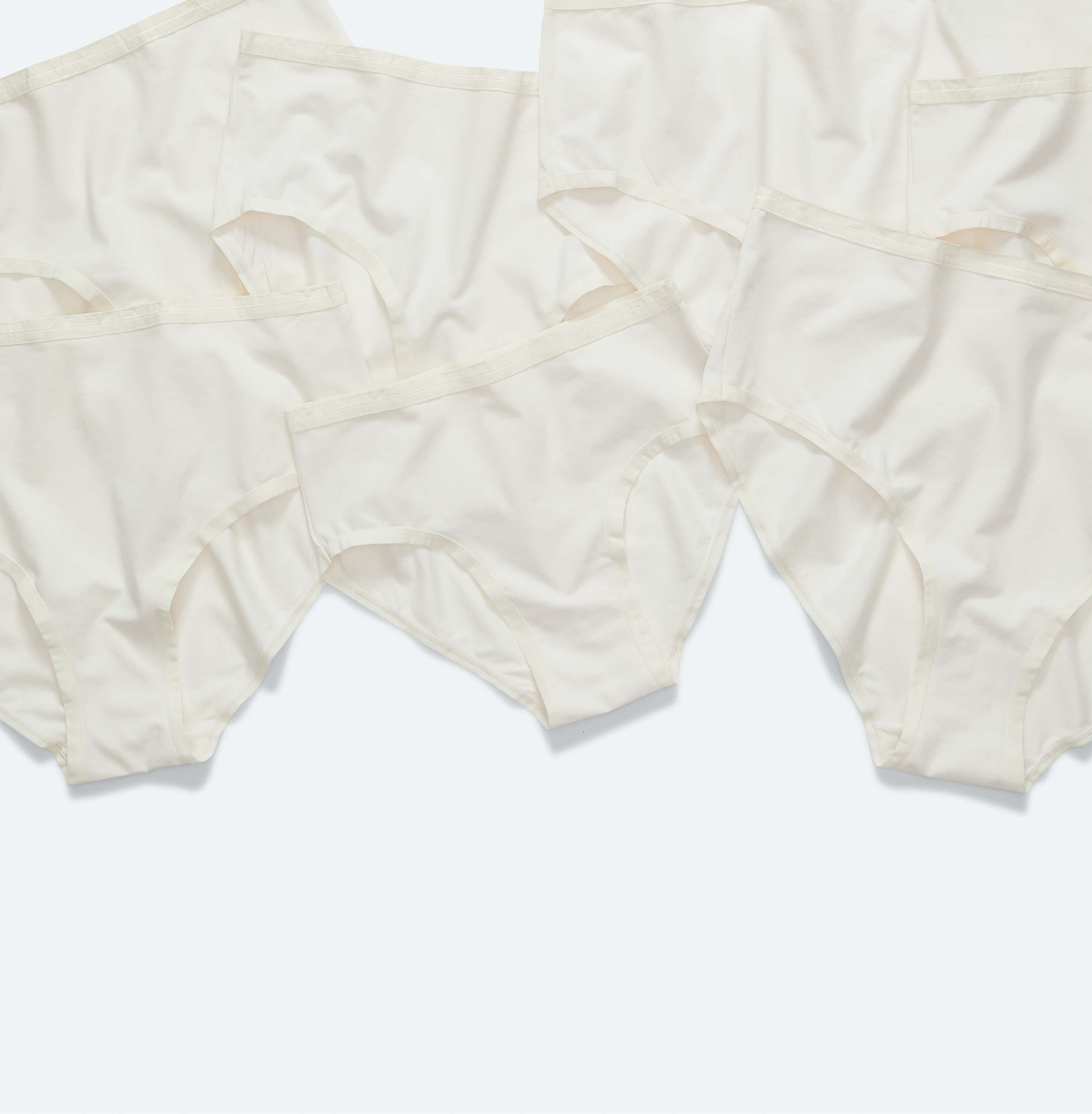
In 2018, we launched the world’s first recycling program to save underwear, socks, bras and tights from ending up in the landfill. Since that time, the Subset Recycles program has experienced tremendous growth, and draws more people every day who are looking for a responsible way to dispose of their worn out intimates. Here’s how much we’ve recycled so far:
or the combined weight of over 9 cars
packages
items
This past year, we partnered with Texaid, in order to begin taking advantage of higher-value recycling options, beyond downcycling for insulation or shoddy. Now, all materials that are sent in through Subset Recycles are sorted and graded by Texaid, ensuring that they are destined for the highest value second-use. The destination of these materials varies: from secondary markets, to reuse and in some cases, the material can even be recycled into yarn to make new garments.
In 2021, we committed to improving our internal governance in line with B Corp standards. To that end, we put into place new policies to guide our manufacturing, marketing and environmental management. These new policies include the Subset Supplier Code of Conduct, Subset Ethical Marketing Policy and the Subset Environmental Management Policy.
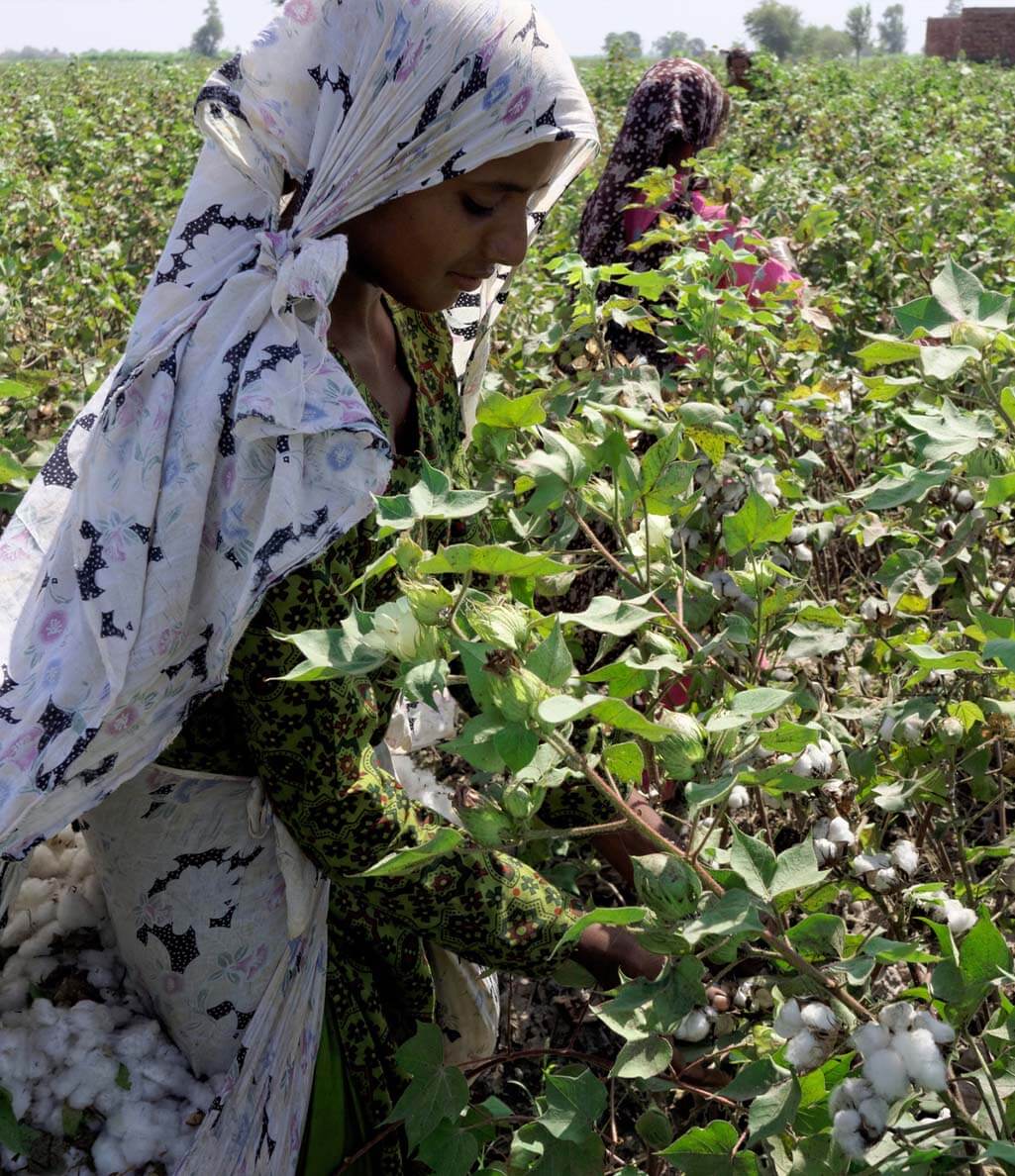

Kajal, our product development manager
From the beginning, we have only worked with Fair Trade certified factories. These facilities pay a living wage, provide a safe and healthy working environment, assign reasonable hours, and allow workers to organize and collectively bargain.
We also participate in Fashion Revolution Week annually, sharing the individuals that make our clothes with the world. This includes our manufacturing team in India, our design team, and our distribution team in New York!
This year, we are also highlighting an individual in our supply chain to increase visibility and encourage transparency from our peer companies. Kajal manages the development of our products, ensuring your Subsets are made efficiently and at the highest quality. We are so grateful for her hard work on our manufacturing team!
In 2021, we donated 1% of every purchase to environmental causes through 1% for the Planet. To lend transparency to our giving, we allowed our customers to choose where 1% of their purchase went, from a group of highly-vetted organizations to support - at no extra cost.
Here’s a look at causes that we donated to in 2021:
Women’s Voices for the Earth is a national organization that amplifies women’s voices to eliminate the toxic chemicals that harm our health and communities.
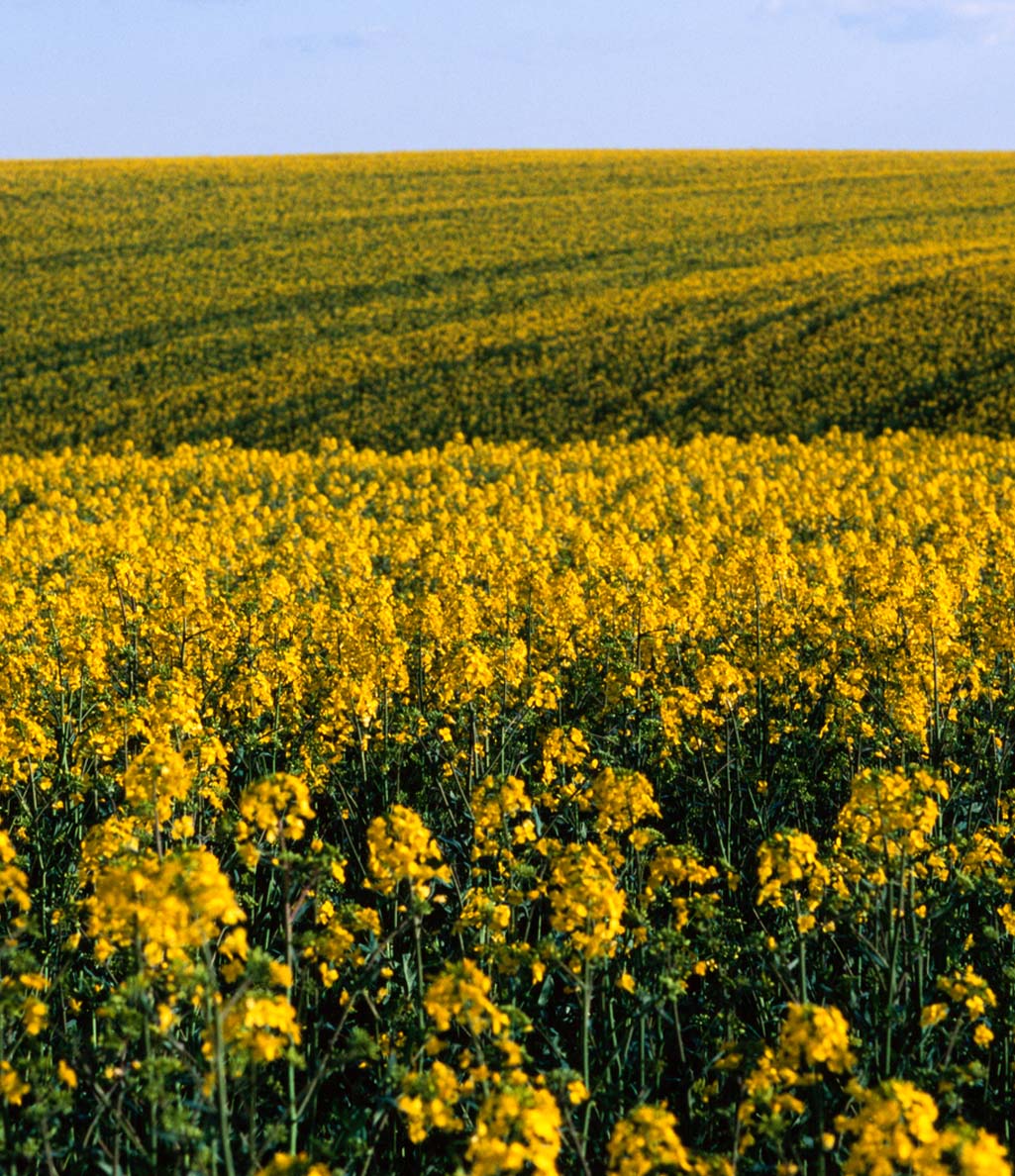
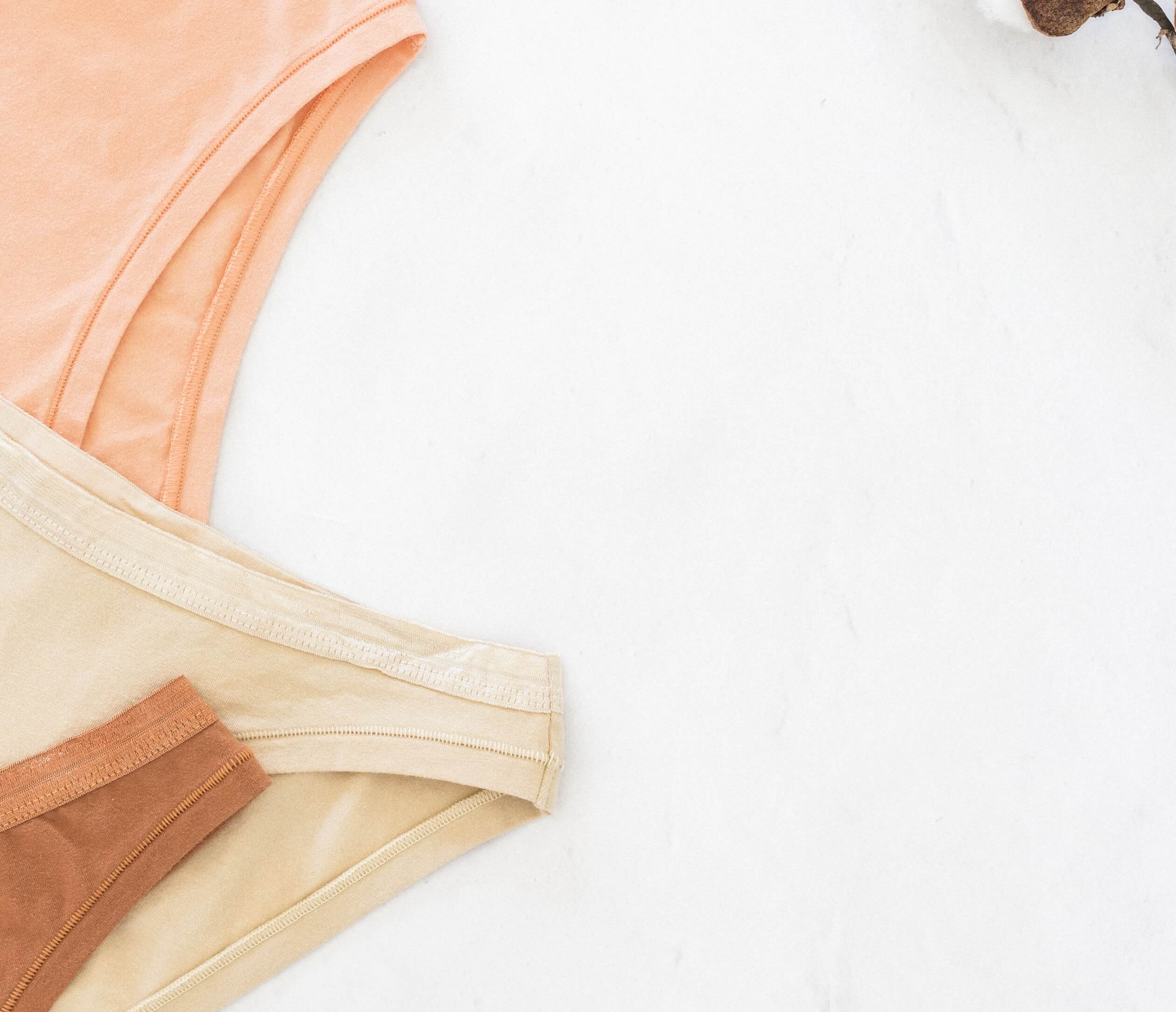
Since we launched, we have always prioritized community engagement and support - in providing new, clean underwear to individuals and communities in need. This year we donated over 3,000 items to organizations across the country.
We supported the victims of the ice storms that pummeled Texas by sending undies to two Austin-based non-profits, The Other Ones and Austin Street Center
To support the communities affected by Hurricane Ida, we sent undies to the United Way of Southeast Louisiana
We made our first donation of Bralettes since launching them in June to I Support the Girls, an organization that provides bras to women experiencing homelessness
In June, we worked with GrowNYC to help prep and plant new crops in their educational garden on Governors Island in the harbor of New York City.
In November, we helped to winterize the gardens at the Brooklyn Grange with City Growers, a local organization that helps to build food and agricultural literacy in urban youth.
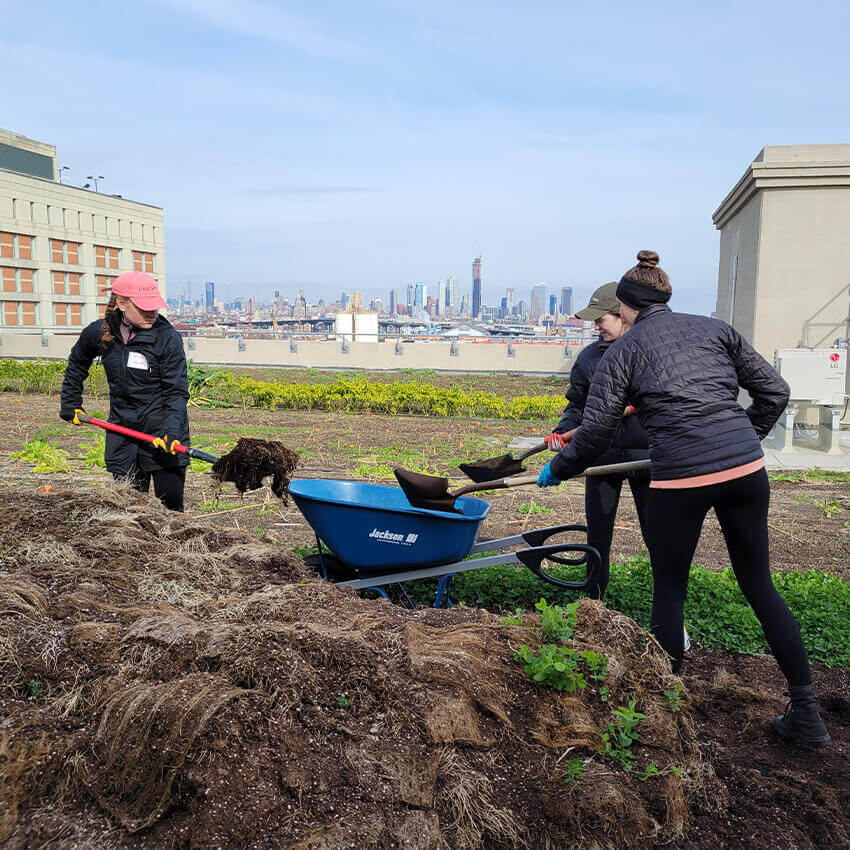

Early this year, we surveyed our customers to understand what they really care about when it comes to sustainability, products and materials. The number of responses to the survey was overwhelming - that alone showed us how much our customers care about what we do as a company! Some of the findings validated many of our assumptions, and others were surprising discoveries. See below for some of the most interesting takeaways:
of customers believe that a brand’s values are important when making a purchasing decision
of respondents said that Fair Trade labor is a must or is motivating when making a purchase decision
of respondents ranked organic materials as one of the most important attributes of their clothing
of our customers know Subset makes GOTS-certified products, 16% of our customers haven’t heard of GOTS!
of respondents want us to make products with recycled cotton
of our customers want us to make loungewear and socks!
We are using the feedback from the survey to inform our sustainability strategy moving forward, both in marketing what we do and in guiding our future sustainability goals. While we know that there are many factors that should be considered when goal setting, we value our customers’ buy-in highly.
By subscribing, you agree to receive marketing emails and/or SMS messages from Subset. Message frequency may vary. Standard message and data rates may apply. You can unsubscribe at any time by clicking the unsubscribe link in our emails or replying STOP to our text messages. We respect your privacy and will never share your information with third parties. For more details, see our Privacy Policy.